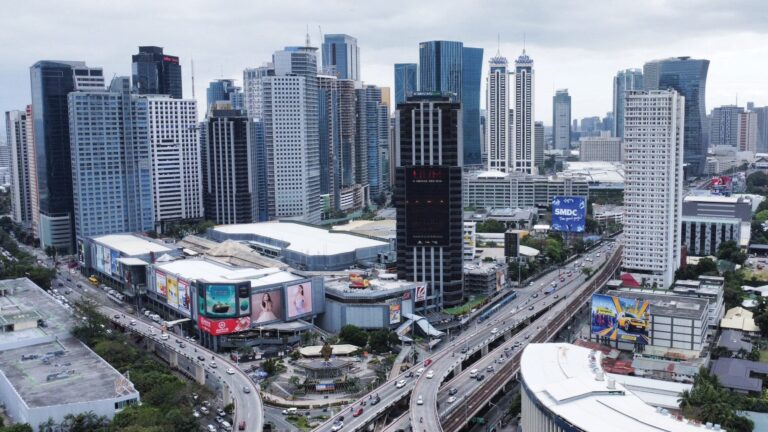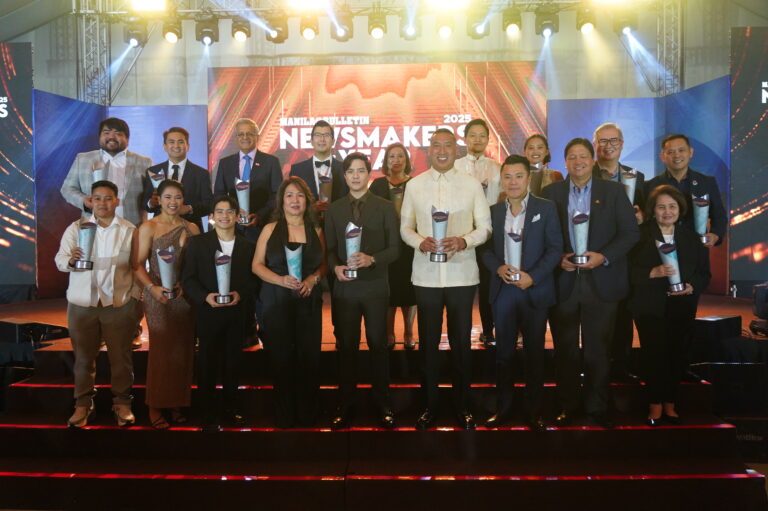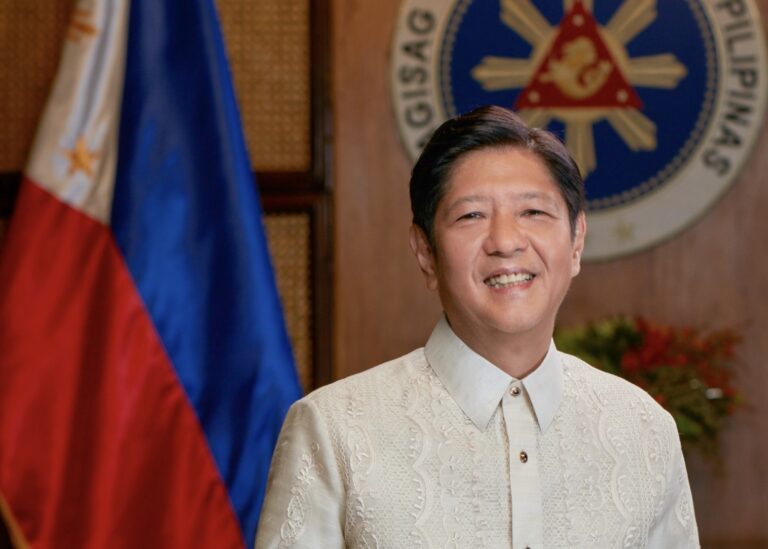How far have we come, we ask on the occasion of the Manila Bulletin’s 125th anniversary—the answer demands some deep introspectionToday’s world offers unparalleled conveniences, with things we once thought were science fiction now part of everyday life. Smartphones let us learn, connect, and work anytime, anywhere. Healthcare has come a long way too from …
How far have we come, we ask on the occasion of the Manila Bulletin’s 125th anniversary—the answer demands some deep introspection
Today’s world offers unparalleled conveniences, with things we once thought were science fiction now part of everyday life. Smartphones let us learn, connect, and work anytime, anywhere. Healthcare has come a long way too from life-saving vaccines to virtual doctor visits that make medical care more accessible. Travel is faster and greener with electric cars and high-speed trains, while online education has opened doors for millions to study no matter where they are. Even everyday tasks are easier with AI (Artificial Intelligence) tools that save time and boost productivity. It’s amazing, really, how much simpler and more connected life has become compared to the past.
With all these advantages, however, the age-old adage “With great power comes great responsibility” rings true. Life is indeed better now, but it requires our conscious effort to sustain the momentum.
Research published in Nature, a highly prestigious scientific journal, examined millions of scientific papers and patents, finding that the rate of disruptive innovation has notably declined since 1945.
To cultivate a life worth living, we should embrace the uncomfortable, explore our passions, and nurture relationships that inspire and uplift us. In doing so, we can transform a life of ease into one of genuine fulfillment.
On the other hand, a study by Class Central, a search engine for online courses, reveals that the Gen Z increasingly aspires to be influencers, artists, or models, favoring these creative paths over traditional professions like teaching, medicine, or law.
While this trend highlights a growing interest in creativity and unconventional careers, it raises concerns about the undervaluation of essential careers that underpin societal wellbeing. As more young individuals chase fame and instant gratification, we risk overlooking the critical roles that education, healthcare, and legal advocacy play in maintaining a healthy and functioning society.
As comedian and social commentator John Oliver pointed out in his show, Last Week Tonight, “The future is coming and it’s going to be weird.” It’s our responsibility to guide this future, asking the tough questions: How do we maintain our humanity amid rapid changes? How do we ensure that technology serves us and not the other way around?
Join the Club
Like this story? You’ll love our monthly newsletter.







